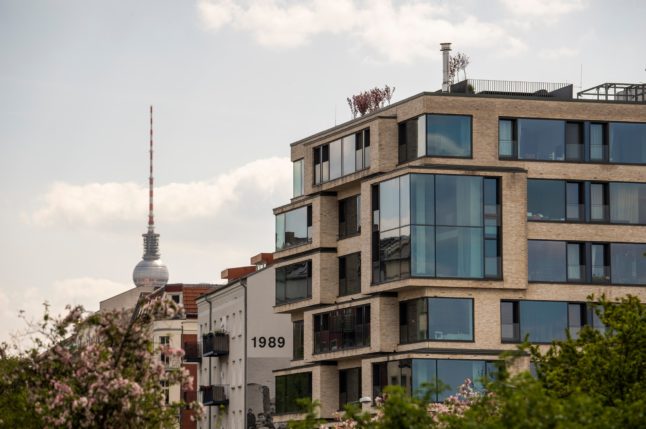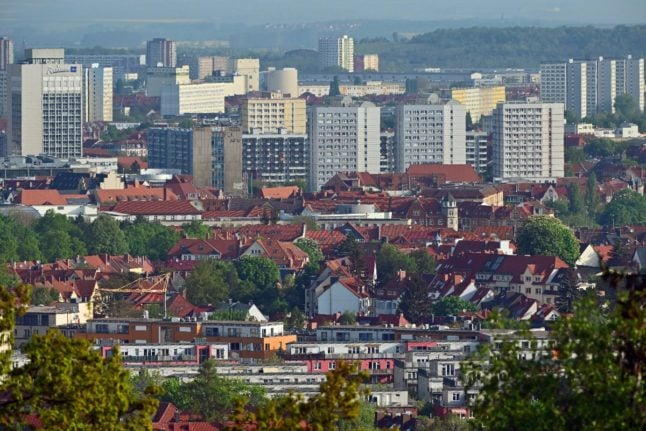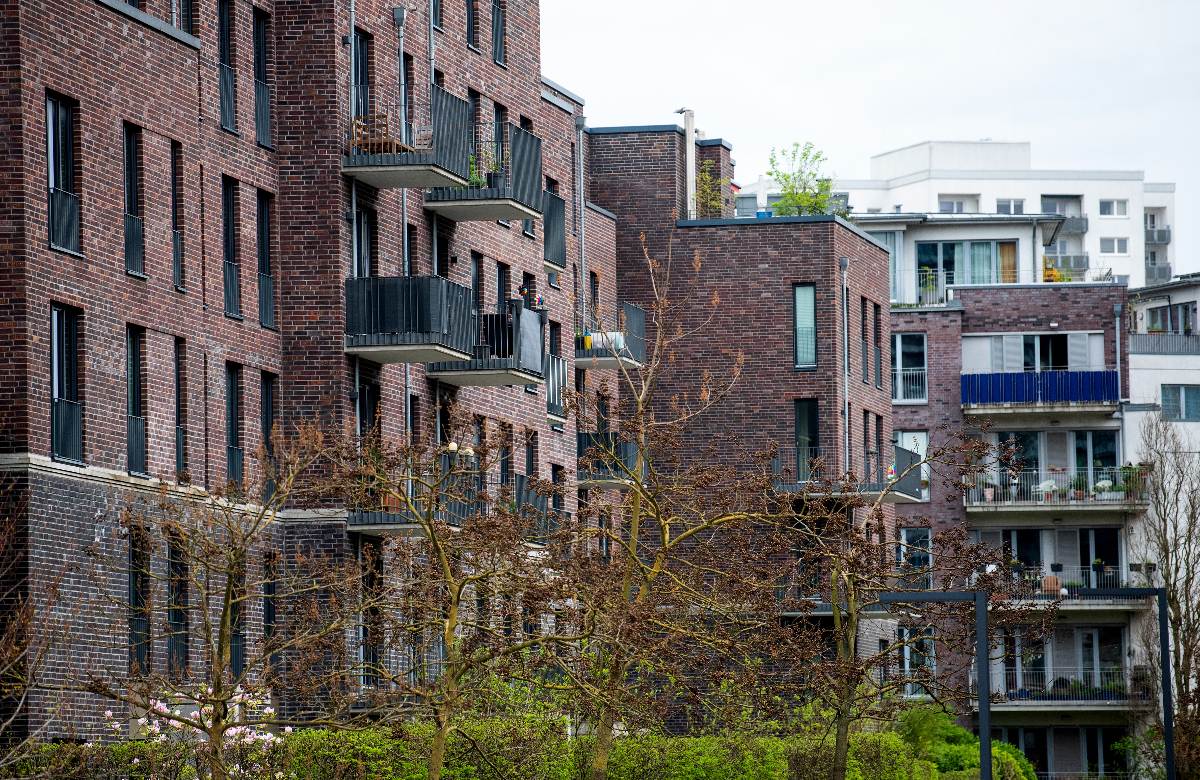Prices for apartments, as well as single-family homes and duplexes, dropped by an average of 3.6 percent in the fourth quarter last year compared to the same quarter the previous year, according to newly published data from Germany’s Federal Statistics Office.
Compared with the third quarter of 2022, the decline was even more pronounced at minus five percent.
It marked the first dip in prices since the end of 2010, when there was a drop of 0.5 percent.
“The decisive factor for the decline in prices is likely to be lower demand as a result of increased financing costs and persistently high inflation,” wrote the Statistics Agency in a statement.
READ ALSO: How rents are changing in Germany’s five largest cities
They added that inflation was driving up the interest on real-estate loans – which for much of 2021 hovered around a low 1.16 percent. By December 2022, the interest rate had climbed to 3.51 percent, according to the Bundesbank.
The last time asking prices for residential real estate fell more sharply than at the end of 2022 was in the first quarter of 2007, with minus 3.8 percent compared with the first quarter of 2006.
Housing prices have been steadily climbing in Germany since 2010 due to a growing population, lack of supply and the previously low interest rates.
Purchase prices climbed by 84 percent between 2010 and 2021, according to the Statistics Agency.

Prices still rising long-term
In 2022 as a whole, however, residential property prices still rose by 5.3 percent year-on-year because of the increases in the first three quarters.
In 2021, prices shot up 11.5 percent, the strongest year-on-year increase since the time series began in 2000. This has largely been considered a ‘rebound’ effect following a slowdown at the beginning of the pandemic.
Both urban and scarcely populated rural areas saw price declines in the final quarter of 2022, according to the statistics.
Prices for family homes also fell more sharply than those for apartments.
In the seven metropolitan areas of Berlin, Hamburg, Munich, Cologne, Frankfurt, Stuttgart and Düsseldorf, prices for single family homes and duplexes fell by 2.9 percent, while buyers had to fork over 1.6 percent less for apartments.
READ ALSO:
- Ask an expert: Is now a good time to buy property in Germany?
- Why Germany wants families to move to the countryside
Vocabulary
the deciding factor – ausschlaggebend
decline – (der) Rückgang
persistently – anhaltend
interest – (die) Zinsen
We’re aiming to help our readers improve their German by translating vocabulary from some of our news stories. Did you find this article useful? Let us know.




 Please whitelist us to continue reading.
Please whitelist us to continue reading.
Member comments